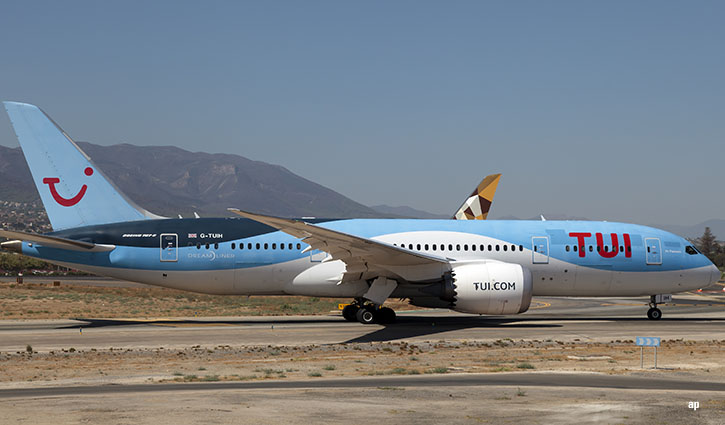
Tui shareholders voted for its shares to be delisted in London on Tuesday at its annual general meeting.
At the AGM, shareholders were asked to approve its plan to delist from the London Stock Exchange, while upgrading to a 'Prime Standard' listing in Frankfurt with inclusion on the MDAX index of German mid-cap stocks. The plan, announced early last month, is to achieve "centralisation of liquidity" for Tui shares.
Late on Tuesday, Tui said shareholders voted clearly in favour of the proposed change to the company's dual listing and voted by a large majority, 98.35%, to delist from the LSE. This represents the latest blow to London's status after a number of companies have delisted or chosen to float on rival venues such as New York, in the case of Arm Holdings. Still, the delisting has been expected for a number of months. We recently looked at LSE's position in an article "LSEG: Tech Giant Hiding in Plain Sight".
Tui said that the next step will be the start of trading of shares in the Prime Standard in Frankfurt at the beginning of April.
The travel company is headquartered in Hannover, Germany, and operates across Europe. Tui became a dominant figure in the package holiday space after the demise of UK based Thomas Cook following financial problems.
Tui Makes its First Q1 Profit
Mathias Kiep, chief financial officer, said: "We are pleased that TUI's shareholders have followed our recommendation and voted in favour of the delisting. They have thus also followed the proposal of the investors who brought this issue to our attention last summer. Trading in the TUI share had already shifted to Germany to a large extent.
“The advantages of a main listing in Frankfurt are obvious: the structures are simplified, liquidity is centralized and improved in one trading venue and the simplified structure supports the EU requirements for ownership and control of our airlines. Nevertheless, the UK market remains one of our core activities and this has no impact on our strategy of a broad shareholder base."
Ahead of its AGM, Tui reported its first-ever underlying profit in the traditionally slow period for travel operators.
Underlying earnings before interest and tax were €6 million, a swing from a €153.0 million EBIT loss a year before.
Its pretax loss narrowed to €103.1 million (£87.88 million) in the three months that ended December 31 from €272.6 million a year before, as revenue rose by 15% to €4.30 billion from €3.75 billion.
In response the first-quarter performance, Tui on Tuesday reaffirmed its financial 2024 guidance of increasing underlying Ebit by at least 25%. In financial 2023, underlying EBIT was €977 million.
Tui also expects revenue to increase by at least 10% this year from €20.67 billion last year.



























